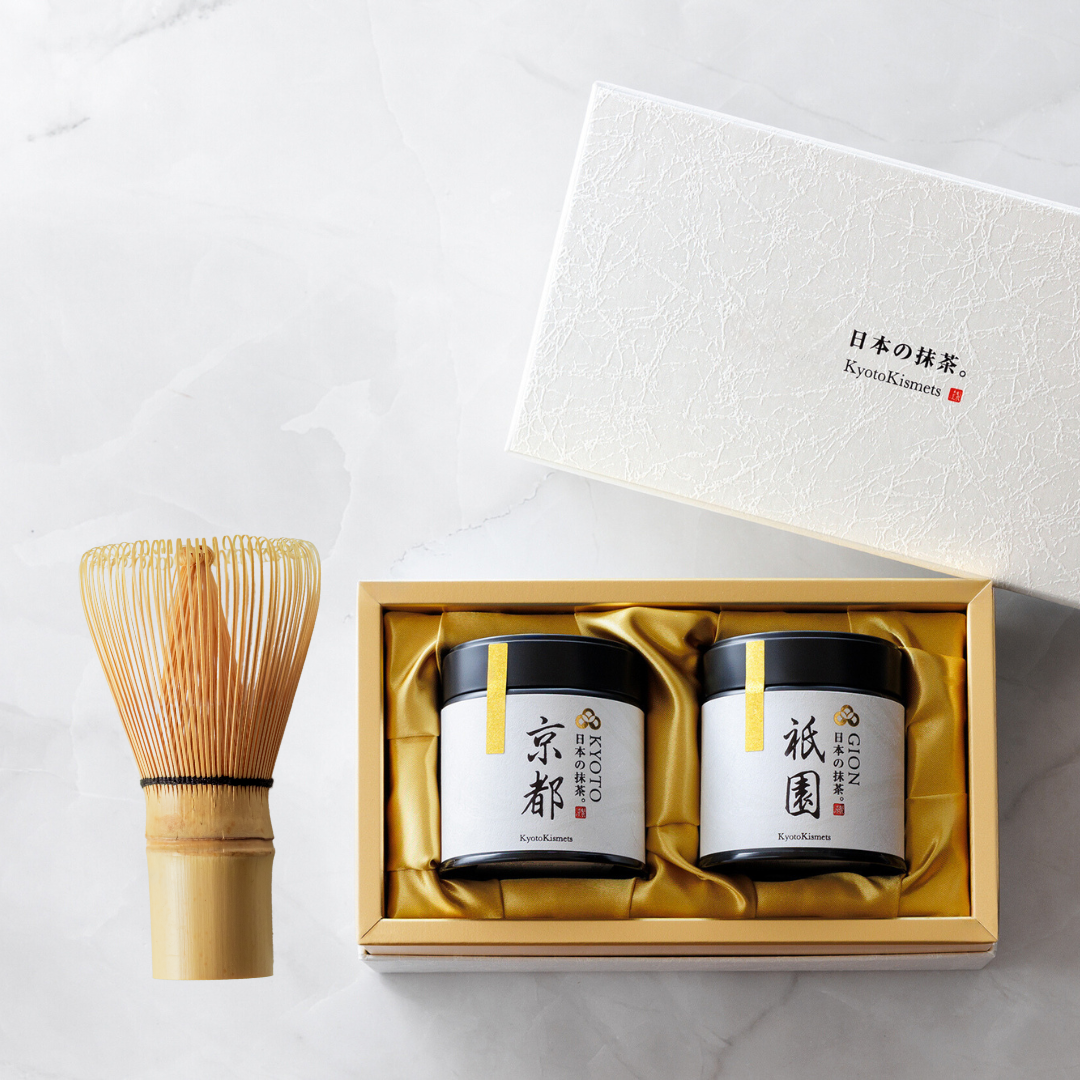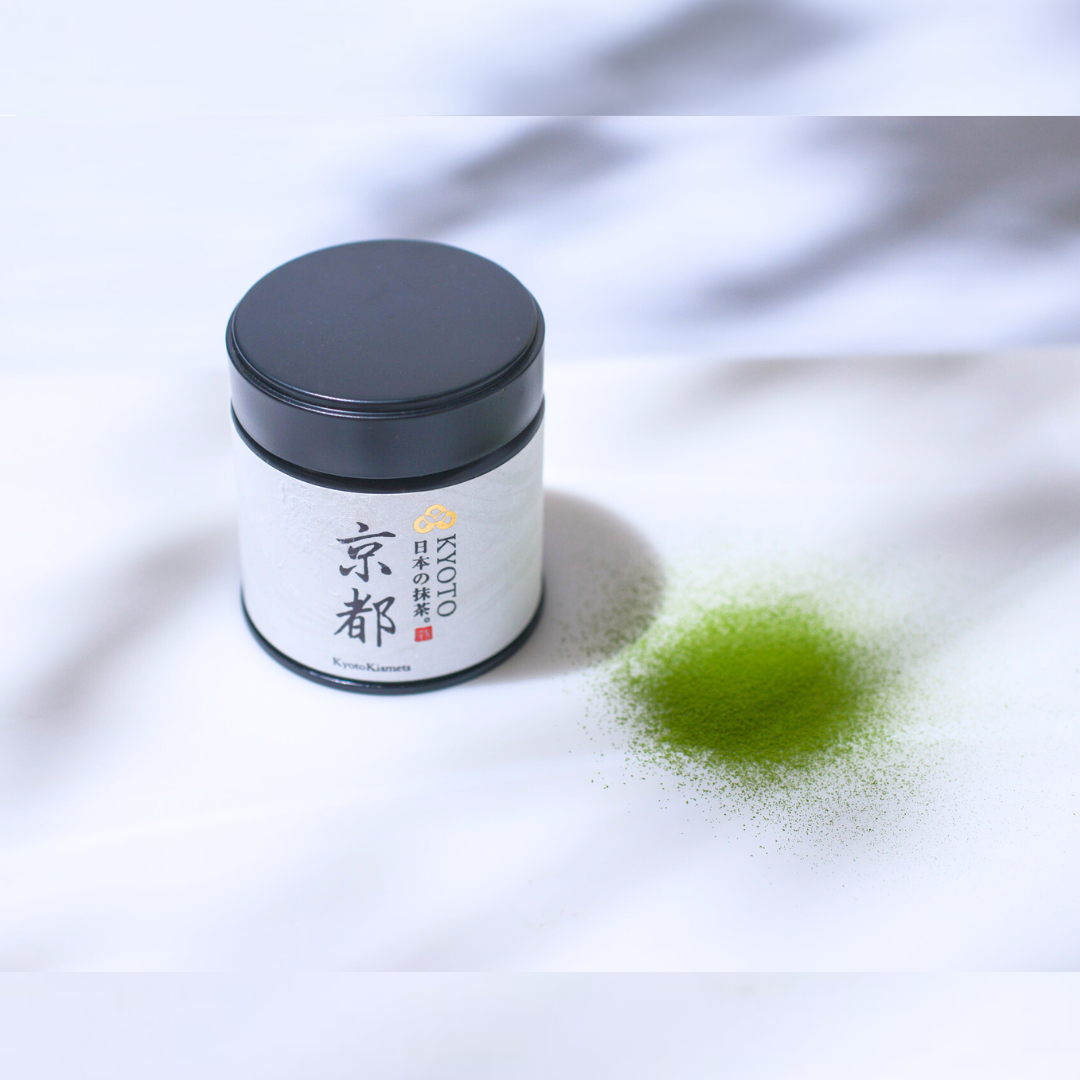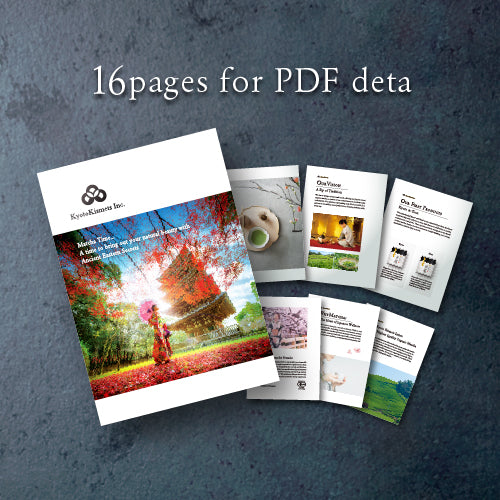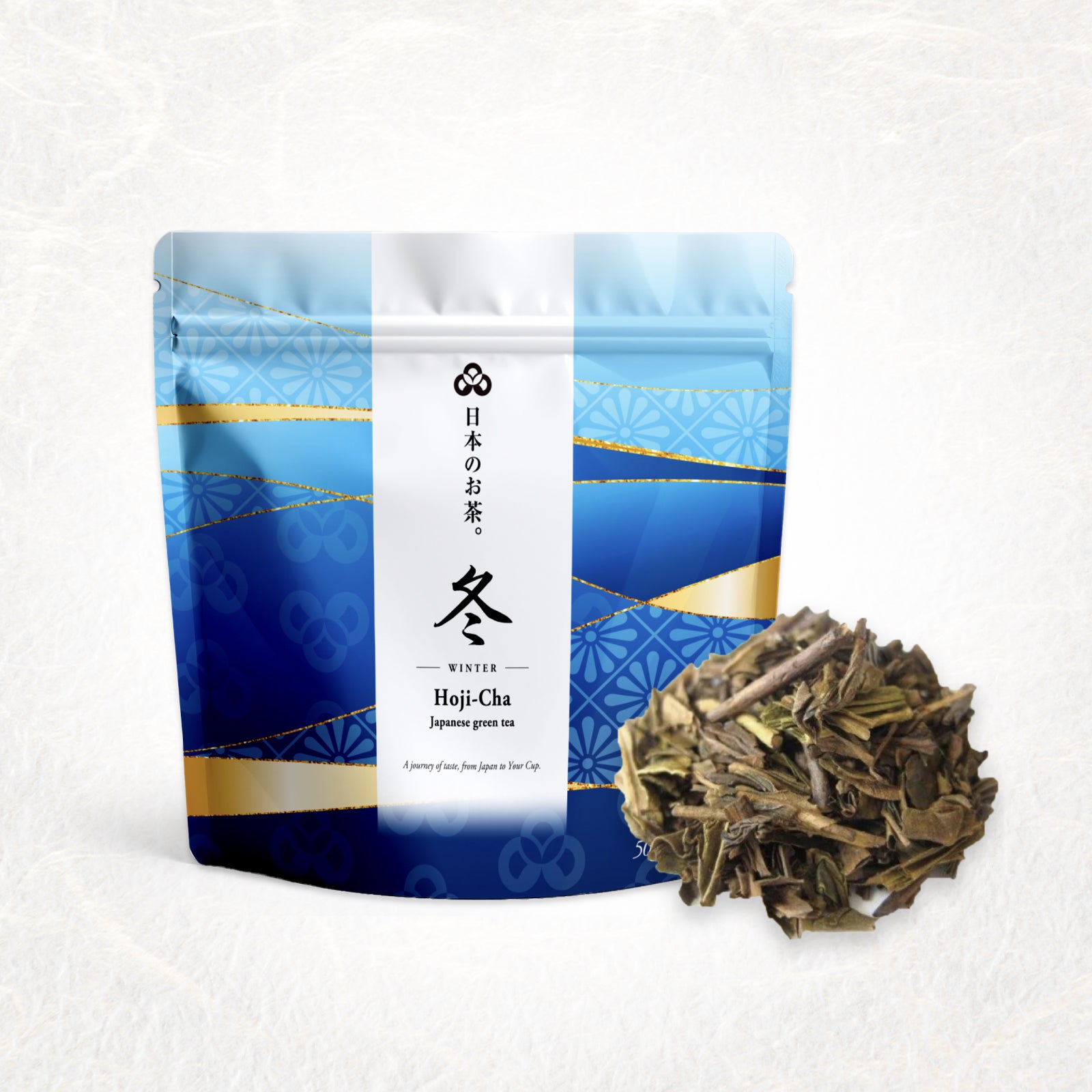Blood Pressure Suppressing Effects
Matcha, a prized Japanese green tea, has gained attention for its potential to manage and lower blood pressure. This finely powdered tea is abundant in catechins, particularly EGCG (epigallocatechin gallate), which exhibits strong antihypertensive effects. EGCG, by affecting certain physiological pathways, helps in reducing blood pressure, thus contributing to cardiovascular health. One such pathway involves the inhibition of Angiotensin-Converting Enzyme (ACE), which is crucial in blood pressure regulation.
The high content of GABA (Gamma-Aminobutyric Acid) in matcha also plays a vital role in blood pressure suppression. GABA is known for its calming effects on the nervous system, which indirectly aids in blood pressure management. Furthermore, matcha stimulates the production of nitric oxide in the body, a compound that helps in dilating blood vessels, ensuring better blood flow and reduced blood pressure.
Regular consumption of matcha, therefore, not only adds a pleasant and calming ritual to daily life but also offers substantial health benefits, particularly for those concerned with maintaining healthy blood pressure levels. Its integration into a balanced diet, alongside regular exercise and stress management techniques, can be a natural and effective approach to managing hypertension.
Reference source: "20 Health Benefits of Tea," published by the Japan Tea Industry System Strengthening Promotion Council.







